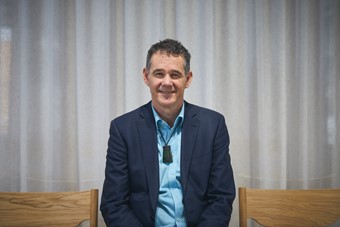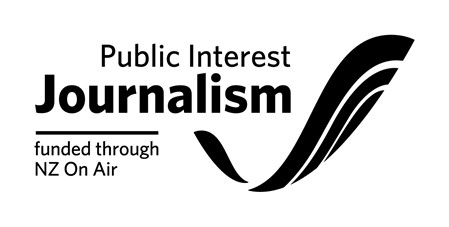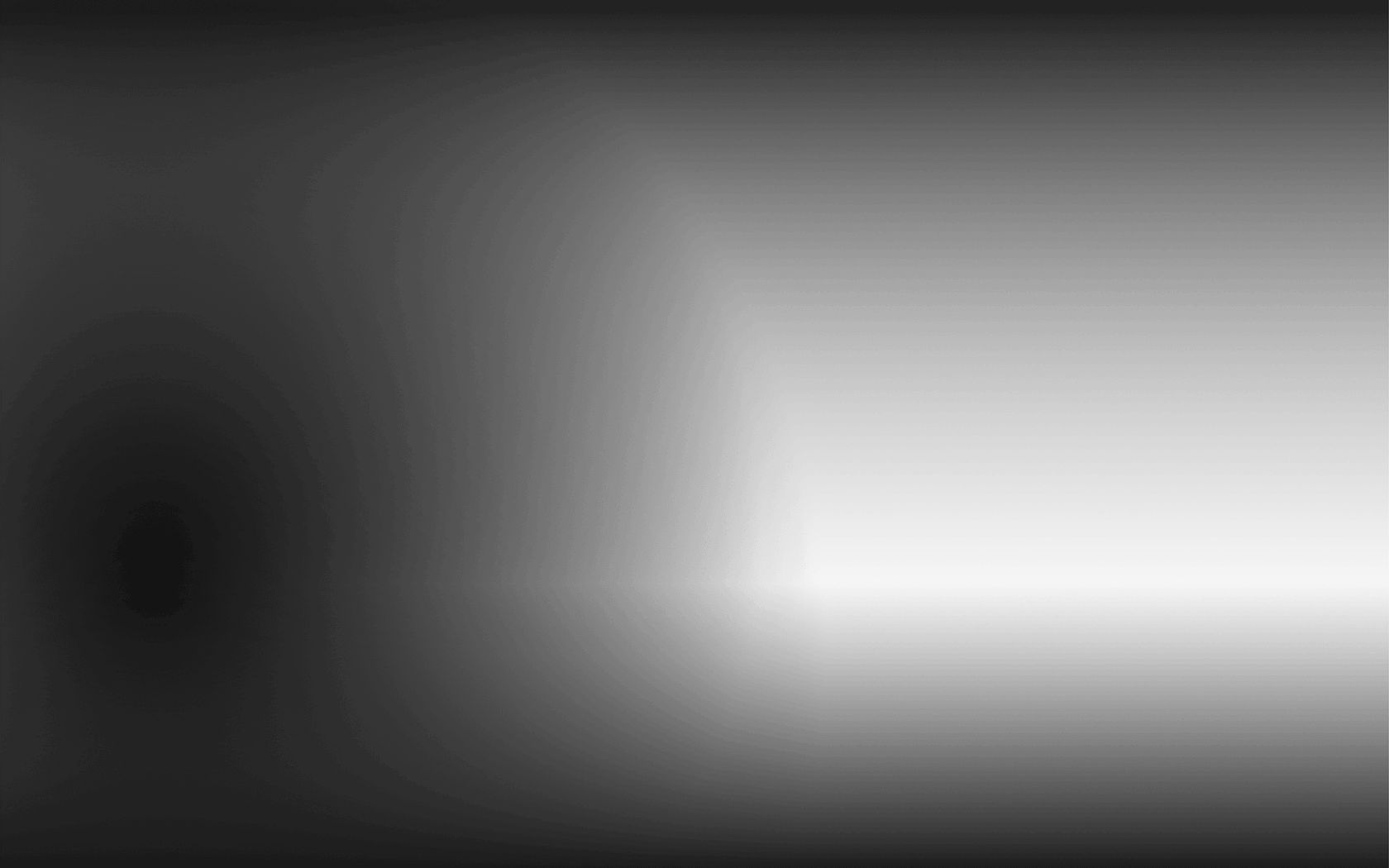How could children and vulnerable people be mistreated, neglected and abused in State care? The pain and suffering of the survivors have been brought forward in the Royal Commission Inquiry.
Before writing this piece, I had no notion of what a Royal Commission was, nor how The Abuse in Care Royal Commission of Inquiry has impacted the disability community in Aotearoa during its high profile inquiry into State abuse.
I started by speaking to one of the commissioners Paul Gibson (former Disability Rights Commissioner at the Human Rights Commission from 2011 to 2017). He explained a Royal Commission is the highest form of inquiry, usually reserved for the most critical issues that are not fully understood and need to be inquired into. It is set up by the Government pursuant to allegations put forward. A Royal Commission makes independent decisions, findings and recommendations to the Governor-General. The Government must take the recommendations seriously.
The latest Royal Commission of inquiry investigates alleged historical abuse in state care and faith-based institutions in Aotearoa New Zealand between the years 1950-1999. The claims relate to individuals, particularly children, disabled people, young people and vulnerable adults, and their experiences of abuse and neglect.
Paul Gibson is a blind person with limited peripheral vision and uses Braille and speech output technology to communicate. He brings lived knowledge that is a vital lens and helps ensure that the voices of disabled people and survivors are central to this investigation.
Gibson said: “We know a disproportionate number of Māori, Pacific people, Deaf and disabled people were taken into care. We are looking into why people were cared for, what abuse and neglect people suffered in care and why, and the effects of the abuse and neglect on their whānau and the community”.
Gibson says he is proud of the disabled survivors who were courageous enough to share their experiences with the inquiry, and he hopes this will help with healing. “For many, this has brought some sense of wellbeing for themselves”.
“The Royal Commission’s work will help build a better understanding of the reality of abuse in disabled people’s lives when they are in care”.
Gibson also sheds light on just how intense this process has been. There have been more than one hundred days of public hearings.
Lake Alice Child and Adolescent Unit is just one of the key institutions investigated. Many people were young children when they lived there. Lake Alice Hospital was a rural psychiatric facility in Lake Alice, Manawatū-Whanganui, New Zealand. It was opened in 1950 and had a maximum-security unit. But many young children were also sent there.
Allegations of abuse were made from former patients of the hospital's child and adolescent unit during the 1970s, there were also allegations of electroconvulsive therapy given without anaesthetic injections as part of the punishment. Compensation was given in the amount of NZ$10.7 million and a written apology from The New Zealand Government but it didn’t acknowledge the long term effects of psychological, sexual and physical abuse.
So far the Royal Inquiry has heard from 900 survivors, who have shared their experiences. Gibson is encouraging more people to come forward.
Gibson explains: “People do not have to share their experiences publicly. In fact, most survivors talk with us in private face-to-face settings or through writing”.
Gibson acknowledges it might be hard to speak out, but the Royal Commission provides well-being support as you go through this process.
Gibson hopes that this inquiry helps disabled people, neurodiverse people and the mental health community by giving them a public platform to share, saying “People should know what the disability and mental health community has been subject to, so we can start to put right the harm that has been caused”.
In the latest report released in December, Ninety-five recommendations have been made to the Government to help survivors of abuse and neglect start to restore their lives and regain their mana. The outcome will see justice for the survivors and what was wrong to be put right.
Learning about the Royal Commission has opened my eyes to the abuse in State care. It has made me more aware of how important it was to get justice for the survivors, tell their stories and close that chapter in their lives. It made me angry that people had to go through many accidents, but I'm happy and have a sense of stability knowing there's a safe space to voice our concerns.
Talking to Gibson has made me confident that this Royal Commissioner Inquiry will bring better outcomes and better care for those in State care. Disabled people are entitled to live a life that is free from abuse and neglect and far too often this is not the case. The inquiry gives me hope that this kind of treatment will not be allowed to happen again.
If you want to contribute by sharing your experience - either in writing, through a personal private session, or with support by calling their Royal Commission contact number, 0800 222 727 or by visiting their website www.abuseincare.org.nz




